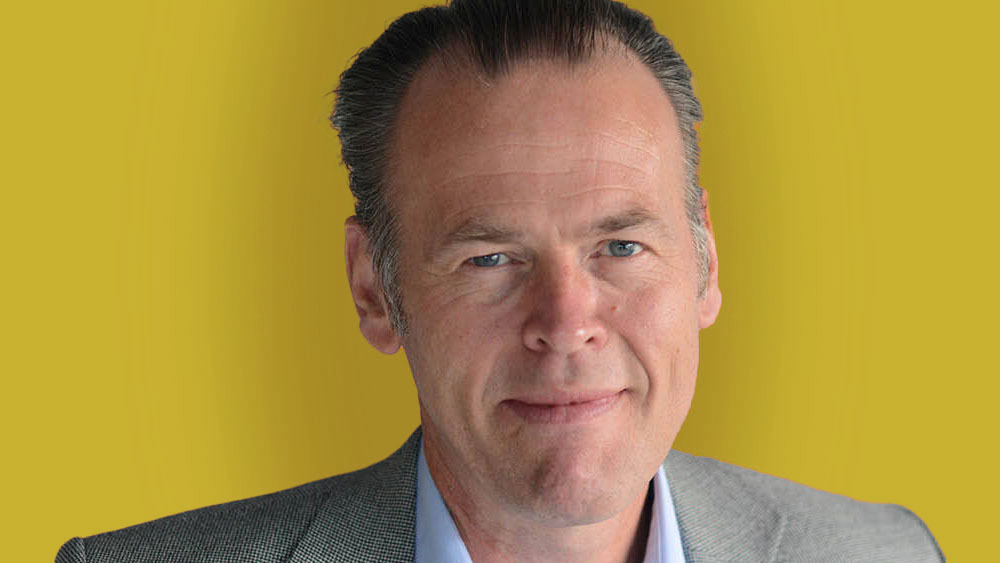Your cart is currently empty!

Elite academics don’t care about innovation
Turning research into real-world applications should be a core task for all academics, argues Martijn Heck.
Elon Musk recently tweeted: “There are only engineers. Researcher is a relic term from academia.” This is again an attack on academia. Musk elucidated that he refers to “meaningful” research. His message is clear: he doesn’t think university research contributes to real-world impact.
By contrast, universities claim that every euro invested in them will pay itself back fourfold. In some ways, that makes perfect sense, as universities have the monopoly on higher education, which is essential for economic growth. That’s a no-brainer. But what about academic research? Is that money well spent?
Let’s take a prominent example. The European Research Council awards the most prestigious grants in Europe. Obtaining one is a golden ticket to a tenured academic position. Universities arrange courses on how to write a successful application and hire consultants to support this. Academics are assessing lists of past grantees to see how to position their research and steer toward “ERC-compatible” research. And above all, they spend months writing a proposal, with a funding success rate of a bit above 10 percent. The European Union is claiming the ERC as one of the biggest success stories in its Research and Innovation programs. And universities are fully aligning themselves with this culture.
Is that wise? True, ERC excels at establishing and cementing the careers of so-called elite researchers, but that’s only within its own academic definition. Does it actually bolster European competitiveness in the real world?
Let’s take a look at the numbers. Since 2007, the program has funded over 17,000 projects, generating over 200,000 scientific papers. This research led to 2,200 patents and other intellectual property rights applications. That means only 1 percent of all the results are actually useful as IP. The grantees furthermore founded 400 startups. That’s only 2 percent of all projects leading to an entrepreneurial venture. This is in spite of the fact that these projects tend to attract the best students and are carried out at the best universities. Where’s the real-world impact? These innovation indicators are extremely low, if you ask me.
Of course, the ERC has a severe bias in its funding. It has, for example, dedicated budget to astronomy and particle physics, whereas chips – remember the ambition of the EU Chips Act? – aren’t even explicitly on the radar. Still, it can only be concluded that our most prestigious funding tool focuses on academic impact, not real-world impact. Our elite academics won’t solve the lack of competitiveness in Europe.
In good old European fashion, we came up with a solution that makes the situation worse. A logical solution would be to hire and promote academics who have the ability to combine innovation impact and excellent research. The actual solution is to hire and promote some academics working on innovation and some other academics working on excellent research. In the Netherlands, we’ve initiated the Recognition and Rewards program, with the philosophy that “it’s unrealistic as well as unnecessary for each academic to excel in each of the key areas” of research, education, impact and leadership. And that “there’s a need to allow for diversity in career paths.”
I can cynically translate this policy in layman’s terms: let elite researchers sit in their ivory tower and other researchers will have to figure out how universities should contribute to European competitiveness. We’re effectively decoupling real-world impact and high-quality research.
The call for diversified careers is misguided. We do need all-rounders, the jack-of-all-trades in academia. Education, research and impact are all sides of the same, interwoven coin of competitiveness, and that needs to be brought together in all our professors. The problem has never been that such academic talent isn’t available; the problem is that universities and ranking and funding agencies don’t understand that an academic with two Nature publications could have the same quality of research output as an academic with six Nature publications. We thus push for more of the same, at the expense of having more comprehensive academics.
I don’t want Elon Musk to be correct, and I hope academic culture will evolve to prove him wrong.


